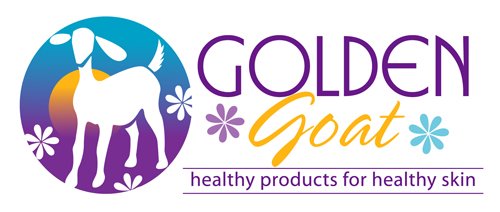The Growing Concern of Parabens
A recent study linked parabens with breast cancer: "Concentration of Parabens in Human Breast Tumors." Darbre, PD. et al. J. Appl. Toxicol. 24, 5-13 (2004).
Parabens have been used as preservatives since the 1920s. They are used to prevent the growth of bacteria. By far the most prevalent use has been in cosmetics, skin care products, shampoos, conditioners, sunscreens, deodorants, and soaps. A report that was published in 1984 - Elder, RL. "Final report on the safety assessment of methylparaben, ethylparaben, propylparaben and butylparaben." Journal of the American College of Toxicology, vol. 3, pp. 147-209, 1984 - estimated that parabens were used in over 13,200 different cosmetic products.
Recent evidence from over a dozen scientific studies has indicated that several types of parabens can bind to the estrogen receptor and cause estrogen-like responses when tested in laboratory animals or in a variety of tissue cultures. In studies using animals, the estrogenic effects were not found when fed, only when applied to or injected into the skin. There is no comprehensive research regarding the long-term effects of low-dose paraben use.
In these studies, the researchers looked at twenty (20) human breast tumours and found synthetic chemicals known as parabens in eighteen (18) of them. The level of parabens in four of the tumours so high that it could have had a damaging biological effect on cells. It is the first time parabens (para-hydroxybenzoic acids) have been detected within tumours, suggesting that the man-made chemicals accumulated in the breast tissue after being absorbed through the skin.
According to The Campaign for Safe Cosmetics, "the chemicals in any one consumer product alone are unlikely to cause harm. But unfortunately, we are repeatedly exposed to industrial chemicals from many different sources on a daily basis, including cosmetics and personal care products."
The FDA proclaims that "FDA is only able to regulate cosmetics after products are released to the marketplace. Neither cosmetic products nor cosmetic ingredients are reviewed or approved by FDA before they are sold to the public. FDA cannot require companies to do safety testing of their cosmetic products before marketing. If, however, the safety of a cosmetic product has not been substantiated, the product's label must read WARNING: The safety of this product has not been determined."
This means, essentially, that cosmetics are not tightly regulated by the FDA. In fact, like supplements, most of the regulation happens only in response to consumer complaints. This is a reactive, rather than proactive, approach that occurs when perhaps the damage has already been inflicted. Even more highly regulated products like Vioxx, which were originally approved by the FDA, have been pulled from the market after widespread use by millions. In the case of Vioxx, concerns were that it raised the risk of heart attack and stroke - Arthritis Drug Vioxx Being Pulled.
Skin is the body's largest organ and it can absorb healthy and unhealthy substances that are applied to it. Be an informed consumer and learn exactly what is placed into the products you use on a daily basis. While concerns are raised each day regarding the use of synthetic chemicals and preservatives, very rarely do you hear of a recall for products that are organic or all-natural. Your company should readily disclose their full ingredients list with explanations for each ingredient - including why it was used and the rationale behind the dose.




No comments:
Post a Comment